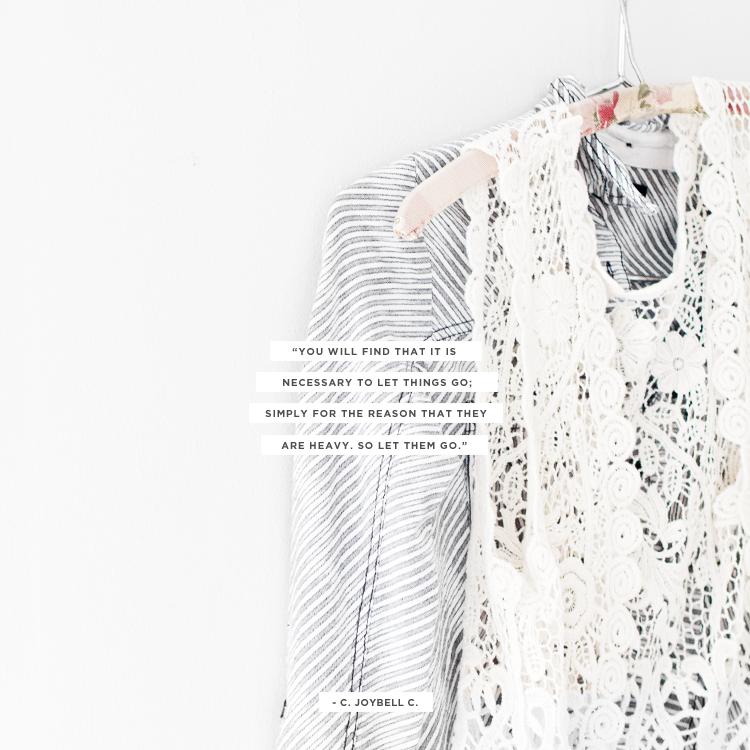
Hey guys! I wanted to stop by to thank you all for the lovely comments about the wedding update yesterday. It’s a real big process and I’ve been having a fun time sharing that process with you!
I also wanted to chat about something all new designers and even well-seasoned designer struggle with on a daily basis. This is the internal struggle with knowing when to “fight” for your design concepts and when to loosen the grip a bit and change things up.
—
You’ve been cranking away on a new logo, or shooting loads of photos for days now. You’ve poured your sweat and tears into this concept and you’ve grown to really love the direction it’s going. You wrap up the designs and get them packed up nicely, ready to present to the client. You think because you love it, they will too…right? You are presenting your work on a phone conference and BOOM…the client would like to keep exploring…They think the change is small, but you know it’s a complete overhaul…sound familiar?
—
I know I am at fault of this mini internal meltdown at some point in every project I do. I get so invested and attached to the project I’m building that when the client throws a curve ball (which is guaranteed to happen), I’m ALWAYS caught off guard. I’m not saying the change in direction is a bad thing…just something I wasn’t planning for. I then find myself fighting to the little baby I’ve been creating instead of really listening to the client’s reasons behind the change. Sound familiar…?
I think conquering this little roadblock is something that just comes with years of practice and many projects under your belt. As I get better at reacting to this kind of change in creative direction I’ve realized there really are some positives here. There is something in the process of scrapping everything, and starting over that reveals the real beauty in the project. It’s funny how that works.
I’m curious how other creatives approach the whole “letting go” idea. Let me hear your thoughts!


